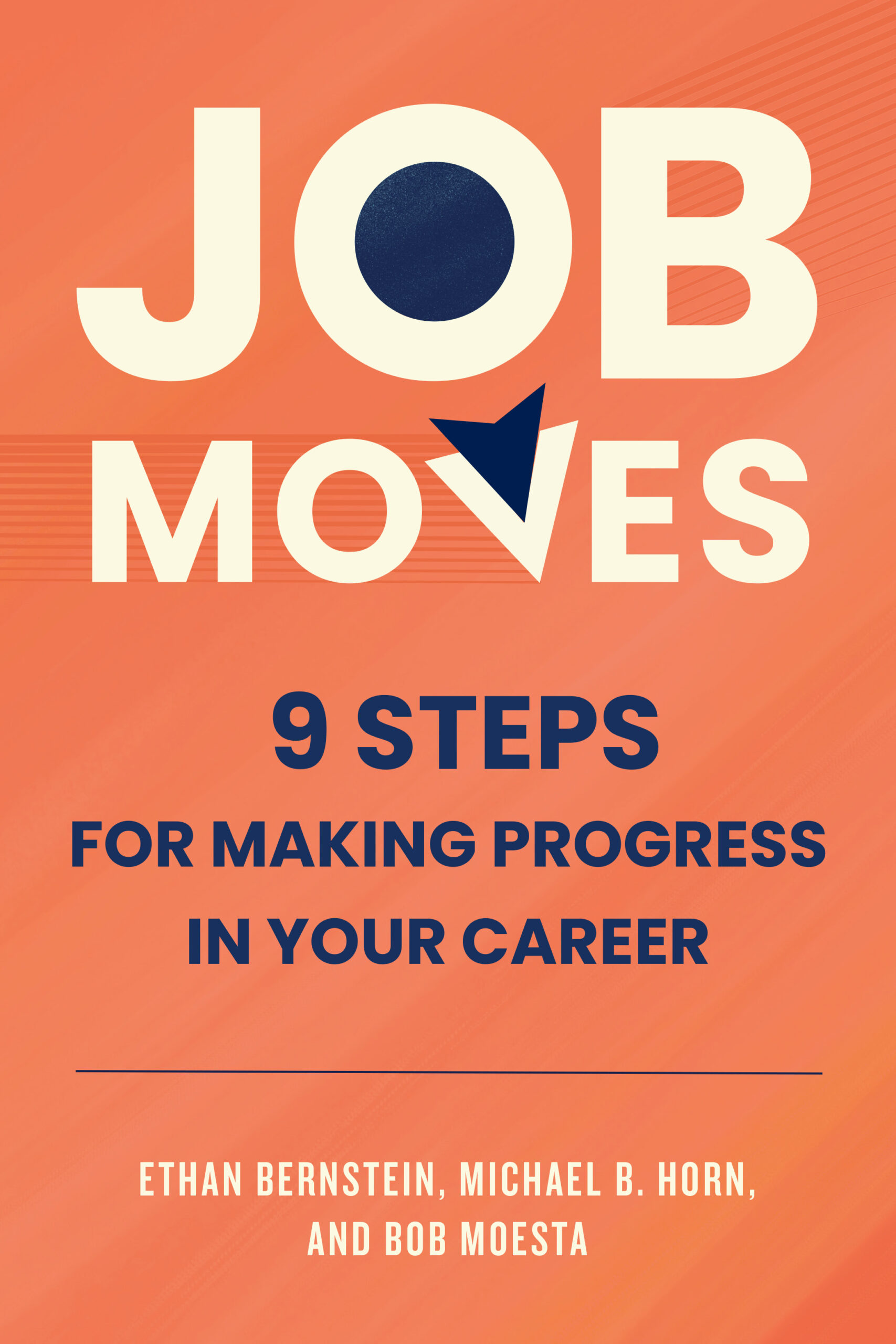With decisions coming due, sleepless high school seniors worry college may not be worth it
by Liz Willen
If traditional campus life is upended, seniors ponder: “Should I stay or should I go now?”
NEW YORK — Picture today’s beleaguered high school senior, stuck at home finishing classes online, stripped of graduation rituals and making college decisions amidst endless coronavirus uncertainty. Add in new financial pressures like parents who are sick or out of work.
No wonder 17-year-old Catherine Asiedu clings to the idyllic vision she had about going off to college, even though she knows it may never happen.
“I always thought it would be like a movie, one of those cliché movies where everything looks perfect,” said Asiedu, who had long planned to study nursing after she graduates from Buffalo Seminary, an independent school in upstate New York. “I’d get a roommate, go to parties and classes and have fun. But with this whole pandemic, I don’t know what’s going to happen.”
And no wonder Maddie Drake, 17, lies awake at night in rural Kentucky, pondering her college decision. She’s valedictorian of her high school and has been offered a generous financial aid package at Mount Holyoke in Massachusetts, where estimated annual costs top $72,000. But she’s worried about going into debt and about additional out-of-pocket expenses, including travel to the campus she has never seen. She’s considering a much cheaper option closer to home: The University of Louisville, where total in-state costs are just over $20,000.
With many colleges asking for a commitment by May 1 – although some have extended the deadline until June 1 – high school seniors who had planned to go away to college face one of the most difficult decisions of their lives, especially since they don’t know if campuses will open in the fall. They are already tired of staring at screens and don’t want to put down deposits for online learning that may last indefinitely. They are also realistic about the fact that going away will cost more than choices closer to home. Some I spoke with are rethinking the traditional four-year college route altogether, already a path that less than half of high school graduates opt for.
Falling endowments, demographic changes and rampant job losses portend a scary time for traditional models of higher education – and a reckoning may come sooner rather than later. “It wouldn’t surprise me at all if 10 percent fewer students enrolled in residential colleges and collectively schools’ revenue was down 20 percent,” said Michael Horn, who studies higher education. “For many schools, this could be catastrophic. If students don’t show up, that will mean a significant loss of revenue on top of already troubled budgets, which could cause a great number of colleges to close.’’

0 comments